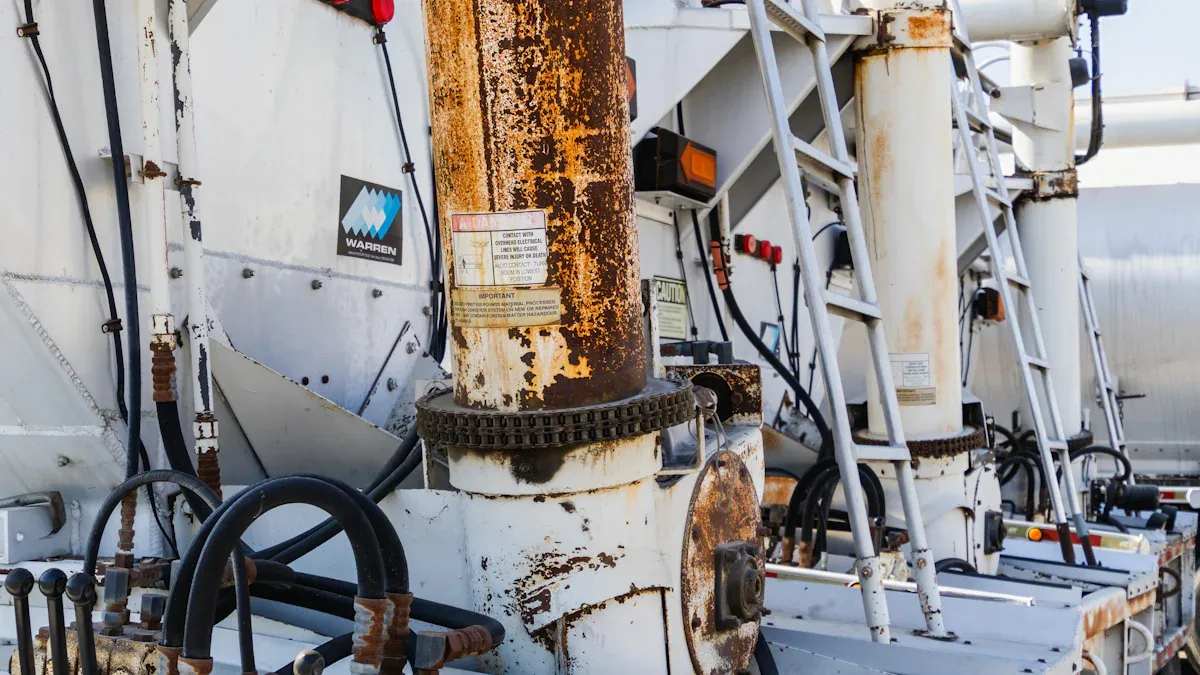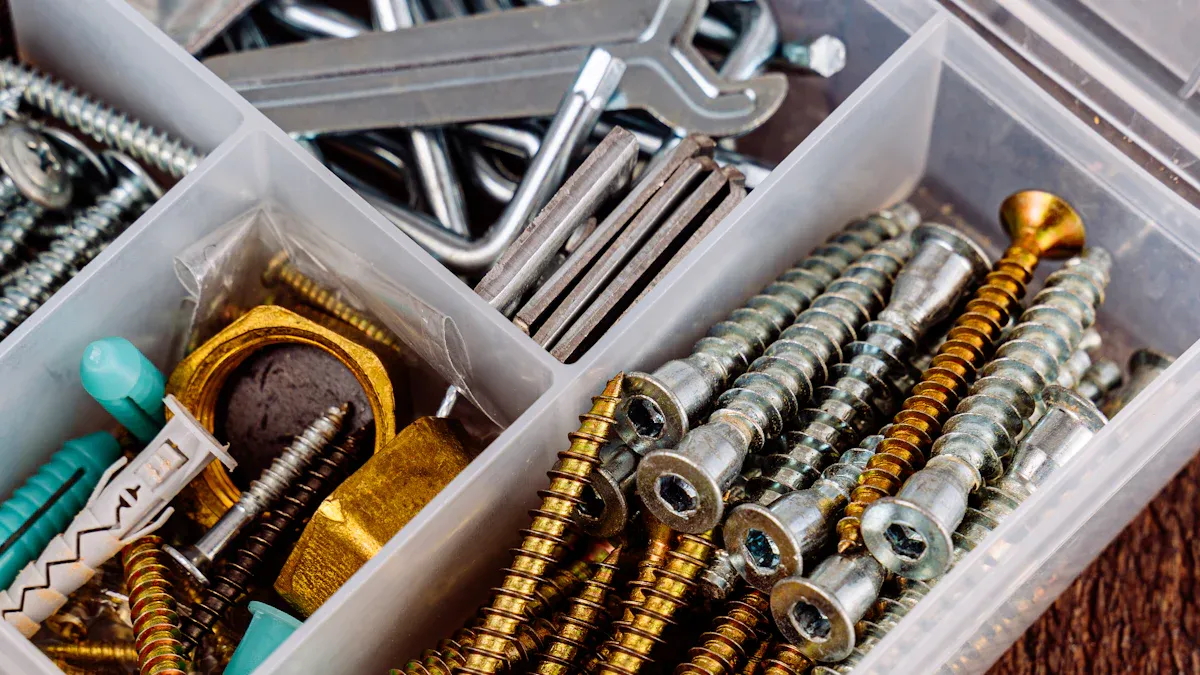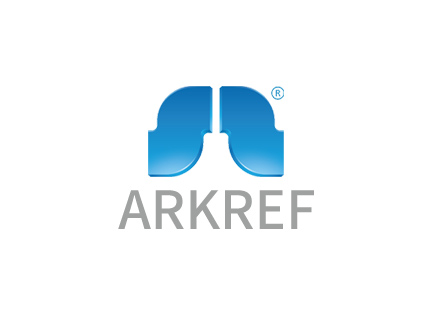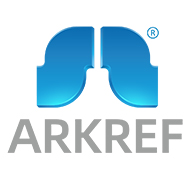How to Choose the Best High-temp Screw Parallel Unit

Picking the best high-temp screw parallel unit needs careful thought. Look at things like material type, heat resistance, strength, and price. These are all important for smooth work and lasting equipment. For instance, heat-resistant materials stop damage from high temperatures. Good heat resistance keeps the unit from getting too hot. Strong designs last longer and don’t break easily. Affordable choices give good quality without overspending. By checking these points, you can get steady performance and long-lasting use in tough conditions.
Key Takeaways
Pick materials that handle your system's heat levels. This keeps the unit strong and working well in high heat.
Pay attention to good heat control. Use heat sinks and materials that spread heat to stop overheating and harm.
Choose designs with trusted certifications. Certified units are tested for heat and stress, proving they work well.
Schedule regular check-ups. Finding problems early saves money and makes the unit last longer.
Match cost with needed features. Don’t spend too much on extras but ensure good quality.
Material Compatibility for High-temp Screw Parallel Units
Heat-resistant Materials for High-temperature Applications
When picking a high-temp screw parallel unit, focus on its materials. High heat needs materials that stay strong and don’t break. Metals like stainless steel and titanium work well because they handle heat. Ceramics and some composites are also good in hot conditions.
Tip: Always read the maker's guide to check heat resistance. This helps ensure the unit works well in your setup.
Heat-resistant materials stop bending and lower the chance of breaking. This is very important in industries like factories and aerospace. These places use tools under high heat. Picking the right material keeps your unit working without problems.
Matching Materials to Thermal and Operational Needs
Each job has special heat and work needs. You should check these before choosing a high-temp screw parallel unit. For example, if your system gets hotter than 1,000°F, pick materials made for that heat. Metals like Inconel or ceramics are great for such cases.
Think about how the material handles heat flow too. High heat flow materials cool fast and stop overheating. Low heat flow materials are better for keeping heat in. Choosing the right material for your system’s needs helps it last longer and work better.
Note: Ignoring heat needs can cause damage, less efficiency, and big repair costs.
Avoiding Material Degradation in Extreme Heat
High heat can slowly damage materials. Problems like rust, cracks, and stretching happen in hot places. To stop this, pick materials that resist heat damage. Coated metals or special alloys can make your unit last longer.
Regular checks are also key to stopping damage. Look for cracks or color changes in your unit. Fixing small problems early can save you from costly repairs later.
Pro Tip: Use materials with high melting points and low stretching to avoid damage in extreme heat.
By knowing which materials work best, your high-temp screw parallel unit will last longer and work well, even in tough conditions.
Thermal Resistance and Heat Sink Design

Why Managing Heat is Important in High-temp Units
Controlling heat is key for a high-temp screw parallel unit. Too much heat can harm parts and lower performance. Good heat control helps the unit work well and last longer.
Focus on stopping heat from building up. Use materials that spread heat well. Design systems to avoid overheating. For example, units with built-in heat sinks move heat away from key parts. This keeps the temperature steady.
Tip: Check temperatures often to catch problems early. This saves money and prevents downtime.
Managing heat is very important in places like factories and power plants. These areas have high heat, so strong heat control is needed to keep things running smoothly.
What Makes a Good Heat Sink Design
A good heat sink helps spread heat evenly. It stops hot spots that can harm the unit. When looking at heat sink designs, pick ones that are efficient and reliable.
Here are important parts of a good heat sink design:
Right boundary settings make heat tests more accurate.
Testing with real data improves design trustworthiness.
The shape and material of the heat sink also matter. Fins add more surface area to cool faster. Materials like aluminum and copper are great for spreading heat.
Note: Pick a heat sink that fits your unit’s needs for best results.
Checking Heat Levels and Operating Temperature
Knowing how much heat your unit makes is important. This is called thermal load. If the unit can’t handle the heat, it won’t work well.
First, find out the highest temperature your system reaches. This helps you pick a unit with the right heat resistance. Units for high heat often have advanced heat sinks to manage heat better.
Think about outside factors too. Hot surroundings can add more heat, so extra cooling might be needed. Regular checks make sure the unit works well in different conditions.
Pro Tip: Use computer tools to predict heat behavior and improve your system.
By focusing on heat control, good heat sink design, and checking heat levels, your high-temp screw parallel unit will work well even in tough conditions.
Performance Reliability in High-temperature Environments
Design Features That Improve Reliability
When picking a high-temp screw parallel unit, focus on strong designs. Units with tough joints and durable alloys work better in heat. These features stop damage from constant temperature changes.
Choose units with special seals to block dust and water. These seals keep the unit working well for a long time. Also, modular designs make repairs easier and keep operations steady.
Tip: Check the maker’s guide to ensure the unit works well in heat.
Testing and Certification for Reliable Use
Testing and certifications are key for reliable performance. Certified units go through tough tests to meet industry rules. These tests check if the unit can handle high heat and stress.
Look for units with certifications like ISO 9001 or ASTM. These show the unit passed strict quality checks. Testing also finds weak spots so makers can improve designs.
Pro Tip: Ask for test results or certifications before buying a unit. This helps you pick a dependable product.
Real-world Examples of Reliable High-temp Units
Industries like aerospace and factories use these units for key tasks. For example, jet engines use them to handle extreme heat. Power plants rely on them to work well under constant heat.
A great example is titanium units in spacecraft. They handle high heat and stress, proving their strength in tough jobs. Learning from these examples helps you choose a reliable unit.
Note: Real-world uses show why picking the right unit for heat and work needs is important.
Durability and Maintenance for Long-term Use
Why Durability Matters for Performance
Durability is key for a high-temp screw parallel unit. Strong units handle heat and long use without breaking often. Durable materials wear out slower, keeping performance steady over time.
For instance, in boiler systems, durability helps manage high heat. It keeps the air-fuel mix balanced for better energy use. Units made from strong alloys or ceramics resist heat damage longer. This makes them last more years.
Tip: Pick durable units to save money on repairs and downtime.
Easy Maintenance Tips for High-temp Units
Good care keeps your unit working well. Check it often to find problems early. Look for cracks, color changes, or loose parts.
Oil moving parts to stop friction and overheating. Clean off dust and dirt that can block performance. When replacing parts, pick heat sink materials that work with high heat.
Make a schedule for maintenance and follow it. This helps avoid sudden breakdowns and keeps the unit running longer.
Pro Tip: Write down each checkup to track the unit’s condition.
Stopping Failures from Heat Stress
Heat stress can break units in hot places. Quick temperature changes make materials crack or bend. Use materials that stay stable under heat to avoid this.
Keeping the air-fuel mix right also helps. If it’s off, the unit can overheat and get damaged. Watch the system to keep it in safe heat levels.
In boiler systems, balancing air and fuel stops heat stress. It also boosts energy use. Fixing these issues lowers failure risks and makes the unit more reliable.
Note: Spending on good materials and regular checks saves money later.
Cost-effectiveness Without Compromising Quality
Balancing Cost and Performance in High-temp Units
It’s important to balance cost and performance when picking a high-temp screw parallel unit. Choose a unit that fits your needs and stays within budget. Look at the unit’s design first. A good design works well and lasts longer, saving money over time. For example, units with advanced heat pipe heat sinks handle heat better and reduce damage.
Think about what your system needs. If you use boilers or combustion systems, pick units made for those tasks. This way, you avoid paying for extra features you don’t need but still get reliable performance.
Tip: Compare similar units to find the best deal for your money.
Identifying Budget-friendly Options
To save money, research different brands and compare their products. Look for units made with affordable materials like aluminum for heat sinks. These materials manage heat well without costing too much.
Check if the unit has important parts like thermal interface material. This part helps move heat better and improves how the unit works. Modular designs are also helpful. They let you replace broken parts instead of buying a whole new unit, saving money in the long run.
Pro Tip: Ask about warranties and maintenance plans to lower future costs.
Avoiding Overpaying for Unnecessary Features
Don’t spend extra on features your system doesn’t need. For example, if your unit works in normal temperatures, you don’t need materials for extreme heat. Focus on features that improve performance, like heat pipe heat sinks or strong seals.
Read the unit’s details carefully. Some units have fancy features that might not help your system. By knowing what your system needs, you can save money and still get great results.
Note: Picking the right features keeps costs low without losing quality.
Picking the right high-temp screw parallel unit needs careful thought. Look at materials, heat control, strength, and cost. These help the unit work well and last longer in tough places.
Steps to Choose:
Check if materials match your system's heat and work needs.
Look at how well it handles heat and its cooling design.
Make sure it’s reliable with certifications and real-world use.
Pick strong designs and plan regular checkups.
Match cost with needed features to avoid wasting money.
Tip: Choose quality and good performance for long-term success.
FAQ
What does thermal resistance do in high-temp screw units?
Thermal resistance shows how well a material blocks heat flow. It helps you see how the unit handles heat. Lower thermal resistance means better cooling and improved performance.
How does heat sink resistance impact performance?
Heat sink resistance shows how well it moves heat away. Lower resistance means better cooling and stops overheating. This keeps the unit working well and lasting longer.
Why is thermal conductivity needed in high-heat jobs?
Thermal conductivity shows how fast a material moves heat. Materials like copper or aluminum are great for this. They help the unit work well, even in very hot conditions.
How do combustion systems gain from good heat control?
Combustion systems make a lot of heat. Good heat control stops damage and keeps them running smoothly. It also makes the system last longer.
What should you check for temperature control?
Check the highest temperature your system reaches. Look at material resistance and how well heat moves. These checks help the unit work safely in high heat.
See Also
Selecting Between Tunnel Freezers And Spiral Freezers
Choosing The Best Industrial Water Chiller Units Available
Exploring The Benefits Of Transcritical CO2 Refrigeration Units
How To Effectively Utilize Quick Freezing Compressors In Food

